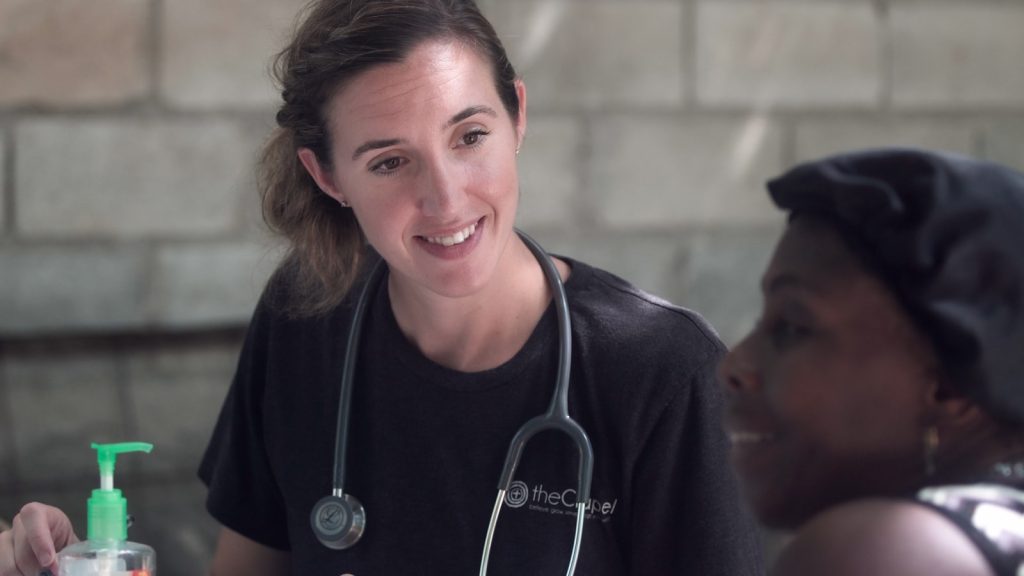Menopause is a significant phase in a woman’s life, marking the end of her reproductive years and bringing about a multitude of physical and emotional changes. Yet, despite its importance, menopause is often misunderstood and mismanaged by healthcare professionals. Recent incidents have highlighted how inexperienced doctors may inadvertently gaslight women suffering from menopause-related issues, dismissing their health concerns and exacerbating an already challenging transition.
The Reality of Menopause
Menopause typically occurs between the ages of 45 and 55, marking a transition that can bring about various symptoms, including but not limited to:
- Hot flashes
- Night sweats
- Mood swings
- Weight gain
- Sleep disturbances
- Memory problems
- Vaginal dryness
For many women, these symptoms can be debilitating and significantly affect their quality of life. Instead of receiving the support and understanding they need, however, many women report feeling dismissed or belittled by healthcare providers, particularly those who lack experience or training in women’s health.

Understanding Gaslighting in Healthcare
Gaslighting is a term often associated with psychological manipulation, where one person makes another doubt their reality or experiences. In the context of healthcare, gaslighting occurs when doctors invalidate or dismiss a patient’s symptoms and concerns, leading them to question their own experiences or feelings.
For women going through menopause, this can manifest in several harmful ways:
- Doctors might attribute menopause symptoms to stress or anxiety without exploring all potential causes.
- Symptoms can be trivialized, leading women to feel as though their issues are mere “age-related complaints.”
- Instead of detailed examinations or referrals to specialists, women may receive vague advice or ineffective treatments.
This gaslighting not only leaves women feeling isolated and frustrated but also exacerbates their health issues. They may delay seeking further help or second opinions, believing they’re overreacting or misinterpreting their symptoms.
The Consequences of Mismanagement
Mismanagement of menopause can have far-reaching consequences for women’s health, including:
- Increased Mental Health Issues: Women already facing hormonal changes are at higher risk for anxiety and depression. Denying them the treatment and understanding they need can worsen their mental health.
- Physical Health Complications: Women may develop conditions linked to menopause, such as osteoporosis and heart disease if preventative care and education are not provided.
- Decreased Quality of Life: Persistent untreated symptoms can severely affect daily activities, work-life balance, and personal relationships.
Why Inexperienced Doctors Struggle with Menopause
One of the primary reasons behind the mismanagement of menopause in some healthcare settings is the lack of comprehensive training regarding women’s health, particularly menopause. Many medical schools do not provide adequate education on this critical aspect of female health, which can lead to:
- Outdated Knowledge: Medical knowledge evolves, yet many doctors may still rely on outdated information.
- Lack of Empathy: Inexperience can lead to a lack of empathy towards the challenges faced by women during menopause.
- Limited Treatment Options: Some doctors may not be familiar with the latest treatment options available, leading to suboptimal care.
Breaking down Barriers to Proper Care
For women experiencing menopause, it’s vital to find a healthcare provider who understands the complexities of this transition and can offer the necessary support and guidance. Here are some steps to ensure you receive appropriate care:
1. Seek Specialized Care
Look for healthcare providers who specialize in women’s health or menopause management. These practitioners are more likely to be familiar with not just the symptoms but also the latest treatment options.
2. Do Your Own Research
Educate yourself about menopause, its symptoms, and the potential treatments. Having a well-rounded understanding will empower you during consultations and help you challenge any dismissive attitudes.
3. Prepare for Appointments
Before your appointment, keep a diary of your symptoms, including when they occur, their severity, and how they affect your daily life. This documentation can give your healthcare provider concrete evidence of your experience.
4. Stand Your Ground
Remember that you are your best advocate. If you feel that your concerns are being dismissed, don’t hesitate to seek a second opinion. Your health and well-being should always be prioritized.
The Role of Mental Health Support
If you’re feeling overwhelmed by the emotional toll of menopause, it’s essential to consider mental health support. Therapy—whether through individual sessions or group support—can provide a safe space to discuss feelings and experiences related to menopause.

Community and Support Networks
Joining a community of women experiencing similar challenges can be extremely beneficial. Support networks provide:
- Shared Experiences: Hearing how others navigate similar symptoms and challenges can be comforting and enlightening.
- Resources and Recommendations: Often, other women can share insights into effective treatments and trustworthy healthcare providers.
- Emotional Support: Having a community can alleviate feelings of isolation and loneliness.
Taking Control of Your Menopause Journey
Menopause is a natural phase of life, but it’s also an opportunity for women to embrace empowerment over their health. Understanding the complexities of menopause, seeking proper care, and advocating for oneself are crucial steps in taking control of this transition.
By sharing your experiences and supporting one another, women can begin to dismantle the stigma surrounding menopause and ensure that future generations do not face the same gaslighting that so many women today have experienced.
Conclusion
Women’s health, particularly concerning menopause, is an area that requires ongoing attention and reform. Inexperienced doctors must be educated and supported in order to offer the best possible care to their patients. Meanwhile, women must continue to advocate for their own health and seek out providers who are not only skilled but who also understand the nuances of menopause. Together, we can work towards a future where the healthcare system respects and validates women’s experiences, ensuring a smoother transition through one of the most significant phases of life.
Informed women are empowered women. Let’s commit to breaking the cycle of gaslighting and misunderstanding surrounding menopause, for ourselves and for future generations.















